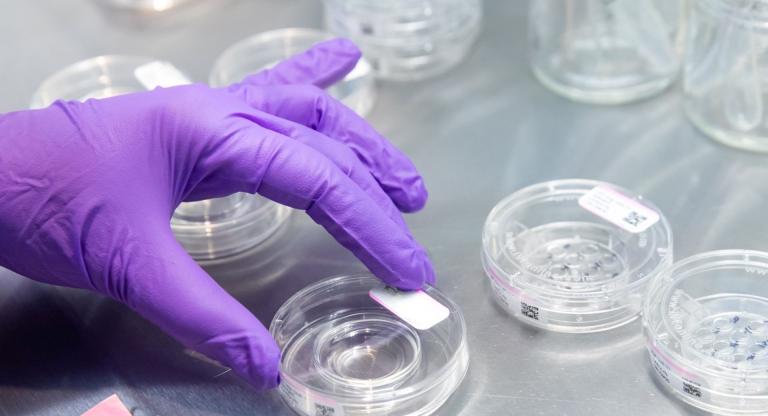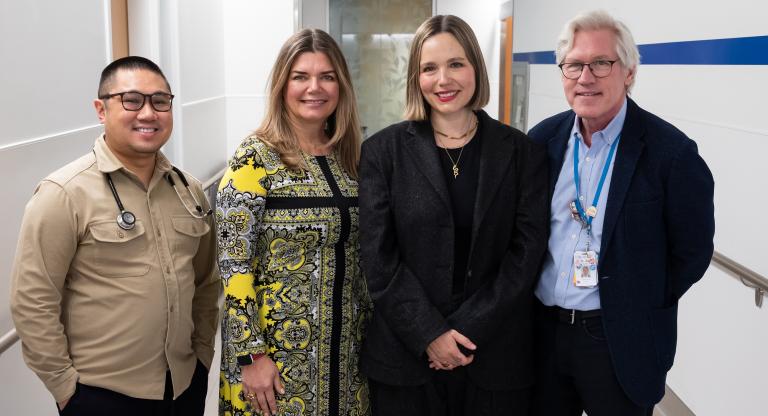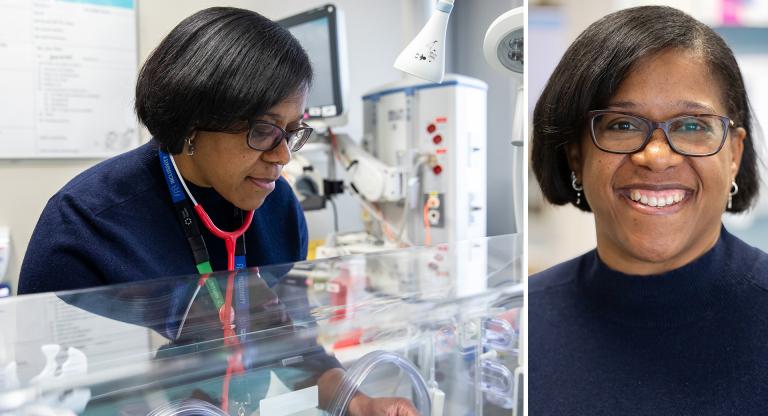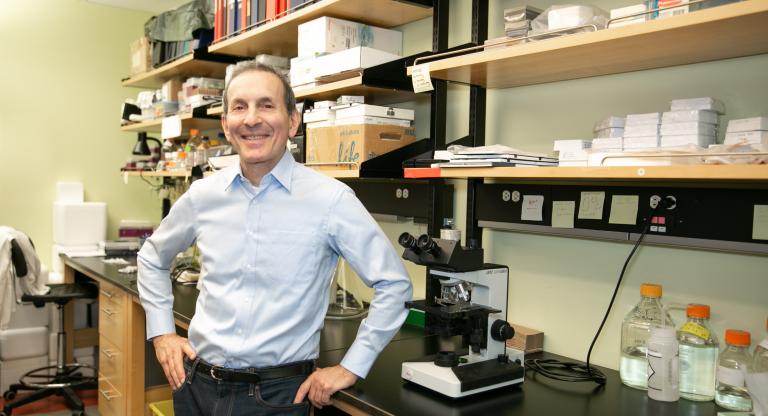Five things you need to know about donating human milk
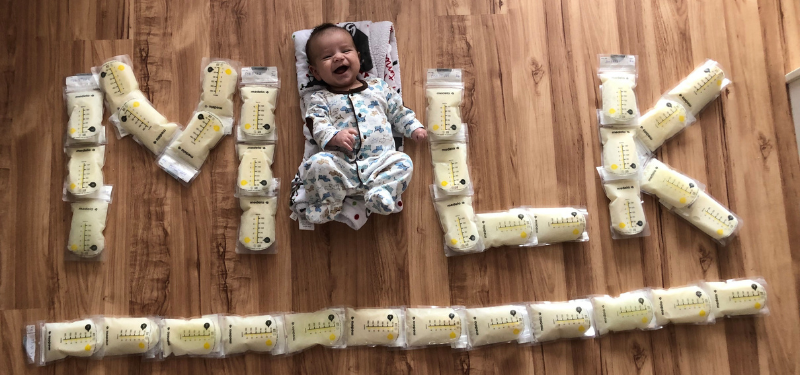
Following premature birth, mother’s own milk may not to be available for their newborn baby
With approximately 1,500 low birth weight babies in hospitals across Ontario every year, 70 per cent of those don’t have access to a full supply of their mother’s own milk. Many low birth weight babies are prescribed donated human milk so they get the nutrients and antibodies required for optimal growth and health.
Donated human milk can help save a hospitalized baby’s life, according to Dr. Sharon Unger, neonatologist and medical director of the Rogers Hixon Ontario Human Milk Bank, part of Sinai Health.
Here are Dr. Unger’s top five important facts about donating human milk:
1. Donors give medically-fragile babies a chance at life
Donor milk could reduce their risk of life-threatening medical complications. “Every parent wants the best for their baby,” Dr. Unger said. “Donated human milk offers the babies protection against life-threatening illnesses so that they can become stronger and healthier.”
2. Donor milk is meant as a temporary supplement for your baby
A mother’s own milk is always the first choice for newborns as it provides optimal growth and development. However, when there is not enough of mother’s own milk, babies may receive a donor milk supplement for several weeks during their hospitalization until the mother is able to provide sufficient breastmilk or breastfeed.
3. Donated milk is pasteurized
Human milk that has been donated to the Milk Bank is pasteurized in a heat treatment process that eliminates harmful bacteria and viruses. The pasteurization process is similar to that used to ensure the safety of cow’s milk. The pasteurized donor milk then goes through a rigourous testing process to ensure its safety.
4. Becoming a donor only takes four steps
The four steps can be found on the Milk Bank website. Check if you meet the eligibility criteria, conduct a general health screening, watch a video to learn how to safely collect and store milk for donation and submit an online contact form to move on to the phone interview phase.
5. Even if you’re not an approved milk donor, you can still contribute to the Milk Bank
Spread the word on social media to your network of friends and family. Monetary donations are also accepted, some families make a monetary donation in memory of a loved one. Any contribution supports the Milk Bank in serving vulnerable babies in NICUs across Ontario.
May 19 is World Day of Human Milk Donation(opens in a new tab). To learn more about donating human milk, visit the Rogers Hixon Ontario Human Milk Bank website.









